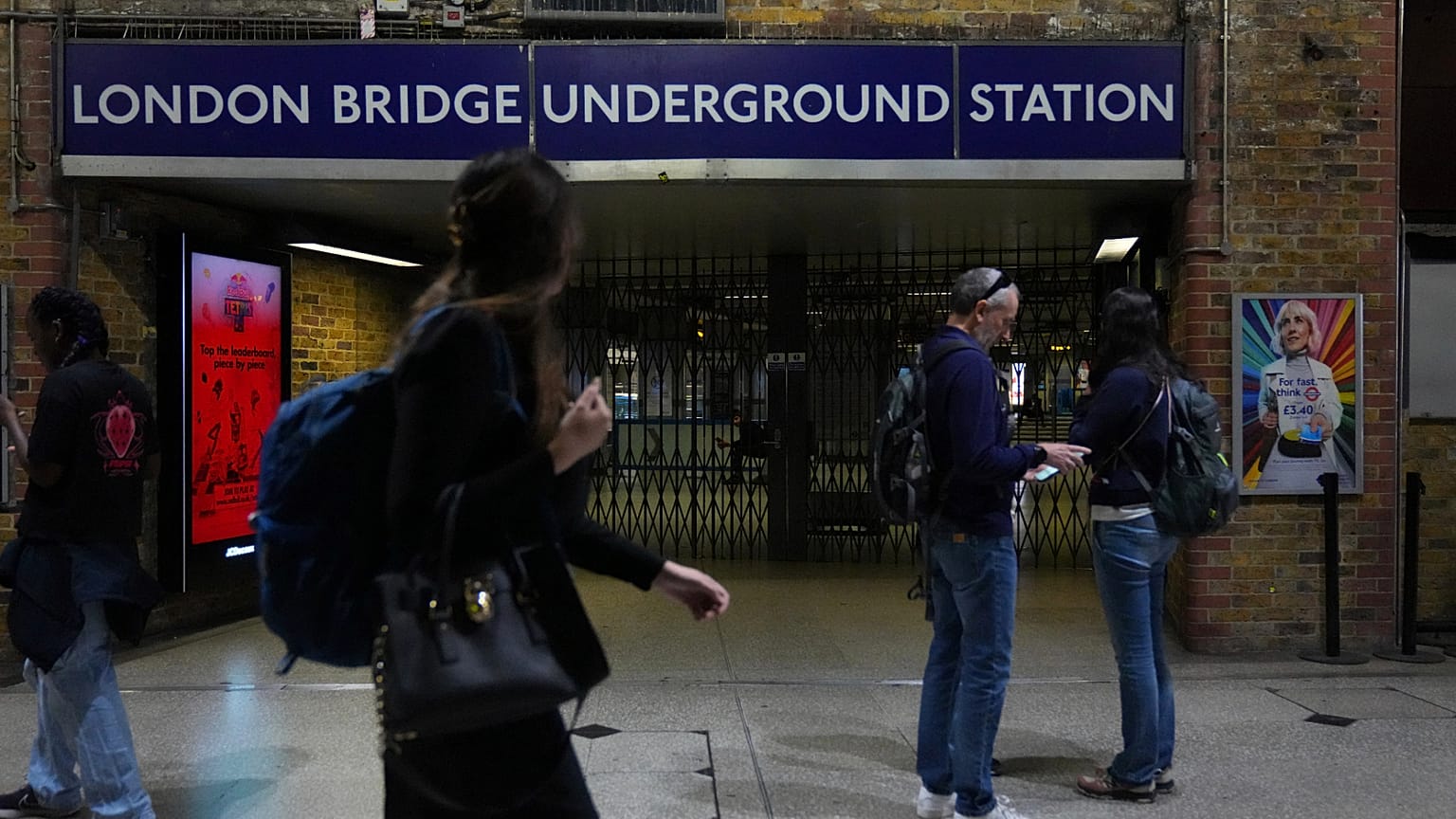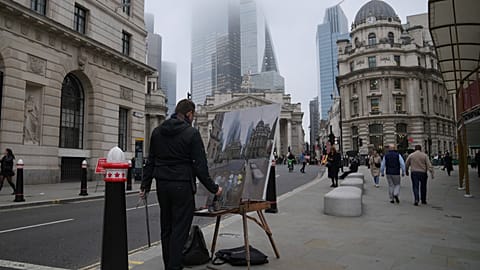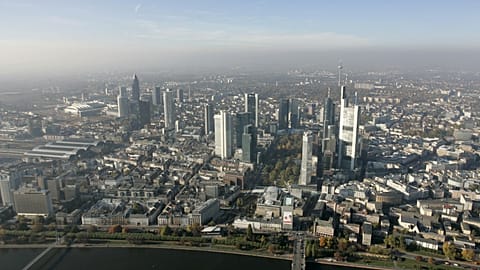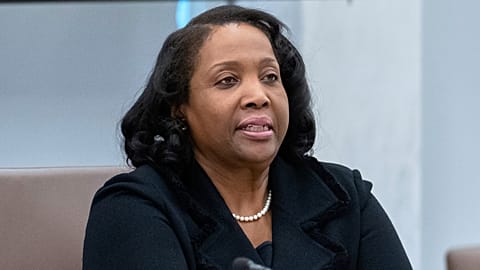The Tube strike in London has had a major impact on commuters as transport union members fight for better pay and conditions. Euronews Business takes a closer look at salaries in the rail sector, comparing them with a range of other professions.
 ADVERTISEMENT
ADVERTISEMENT
Commuters in the UK capital have buckled up for a chaotic few days this week as staff on London's Tube and DLR rail services strike over pay and conditions.
From Sunday to Thursday, Tube workers are staging a walkout, while the DLR is affected on certain days as part of a separate dispute.
The Tube strike comes after members of the Rail, Maritime and Transport Union (RMT) said management refused to engage seriously with union demands, notably concerning "pay, fatigue management, extreme shift patterns and a reduction in the working week”.
Transport for London (TfL) says it has offered staff a 3.4% pay increase, but has refused to give in to RMT demands to reduce working hours to 32 hours a week. TfL branded the proposal as "impractical and absolutely unaffordable”.
Euronews Business explores typical salaries for those in the UK's rail sector and compares these to wages earned in other professions.
Two rail roles rank among UK’s top 20 highest-paid jobs
Data from the Office for National Statistics (ONS) shows that employees in the rail and Tube sectors earn significantly more than the national median income.
In fact, ‘train and tram drivers’ as well as rail engineers (officially called ‘rail and rolling stock builders and repairers’) rank among the UK’s top 20 highest-paying occupations.
The median gross annual earnings for full-time employees in the UK came to £37,430 (or €44,211) in April 2024, according to ONS.
Train and tram drivers earned a median salary of £63,958 (€75,545). That means their salary is 71% higher than the overall national average.
The median gross annual earnings of rail and rolling stock builders and repairers total £56,984 (€67,308), 52% higher than the national median.
These salaries mean that the two rail roles rank among the UK’s top 20 highest-paid occupations, although chief executives and senior officials top the list with median earnings of £88,056 (€104,009).
Train and tram drivers come 12th, while rail and rolling stock builders and repairers rank 16th among 381 occupations.
Rail pay vs. other leading jobs
Rail drivers earn more than barristers and judges, whose median salary is £59,423 (€70,189), a difference of £4,535. Their pay also exceeds that of electrical engineers (£58,734) and IT project managers (£58,213).
There are three additional rail occupations on the earnings list. Rail transport operatives have a median salary of £52,727 (€62,279), placing them 32nd. Rail construction and maintenance operatives earn £43,631 (€51,536), ranking 83rd.
Rail travel assistants receive a median of £41,306 (€48,789), putting them in 101st place among 381 positions.
Although travel assistant roles are the lowest-paid of the five rail occupations on the list, workers in this job still earn more than those in several traditional professions.
For instance, teachers of English as a foreign language have a median income of £36,187, journalists and reporters £34,026, higher-level teaching assistants £24,077, and early education and childcare practitioners just £22,060.
Rail pay vs. air and road sectors
Aircraft pilots and air traffic controllers, with a median salary of £80,144, place 5th overall in the ONS rankings. They earn significantly more than the highest-paid rail role — train and tram drivers — who rank 12th.
However, most other air and road transport roles pay less than those in the rail and Tube industry, even the lowest-earning rail role. For example, bus and coach drivers earn £34,548, air transport operatives £32,569, and air travel assistants £29,984.
“Our members are doing a fantastic job to keep our capital moving and work strenuous shift patterns to make sure Londoners get to their destinations around the clock”, RMT General Secretary Eddie Dempsey said in late August.
Calling on the RMT to suspend the action ahead of the strikes, Claire Mann, TfL's Chief Operating Officer, urged the union to put her firm's "fair and affordable offer" to their members.
Tube services are due to resume again at 8am on Friday morning, although it may take until midmorning for all lines to be up and running.
















